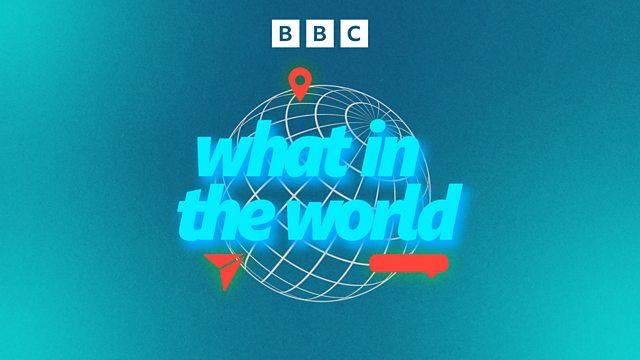How much can scientists learn from eclipses?
And can they help unlock the secrets of our universe?
On Monday, millions of people across Mexico, the US and Canada saw a total solar eclipse. That’s when the Moon moves between the Earth and the Sun, blocking its light.
But it’s not just eclipse-chasers who are excited. Scientists are too. They’re using the opportunity to study the Earth's upper atmosphere (known as the ionosphere), the Sun’s corona, and even animal behaviour.
So, could this solar eclipse could help unlock some of the secrets of our universe? Astronomer Jimena Stephenson and the Βι¶ΉΤΌΕΔ’s Laura Garcia explain.
Instagram: @bbcwhatintheworld
WhatsApp: +44 0330 12 33 22 6
Email: whatintheworld@bbc.co.uk
Presenter: Hannah Gelbart
Producers: Emily Horler and Mora Morrison
Editor: Verity Wilde
*In this episode Laura says Mexico last witnessed a solar eclipse in 1999. But it was in fact 1991.*
Last on
Broadcasts
- Tue 9 Apr 2024 17:50GMTΒι¶ΉΤΌΕΔ World Service News Internet
- Wed 10 Apr 2024 02:50GMTΒι¶ΉΤΌΕΔ World Service East and Southern Africa, South Asia, West and Central Africa & East Asia only
Podcast
-
![]()
What in the World
Helping you make sense of what’s happening in your world.


